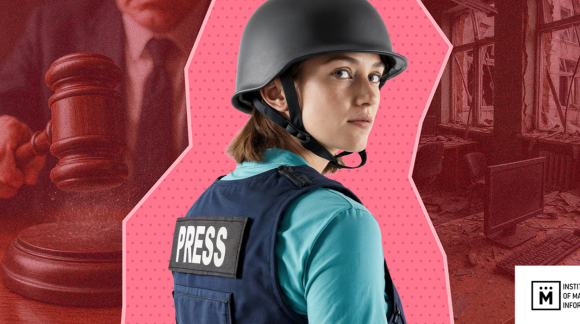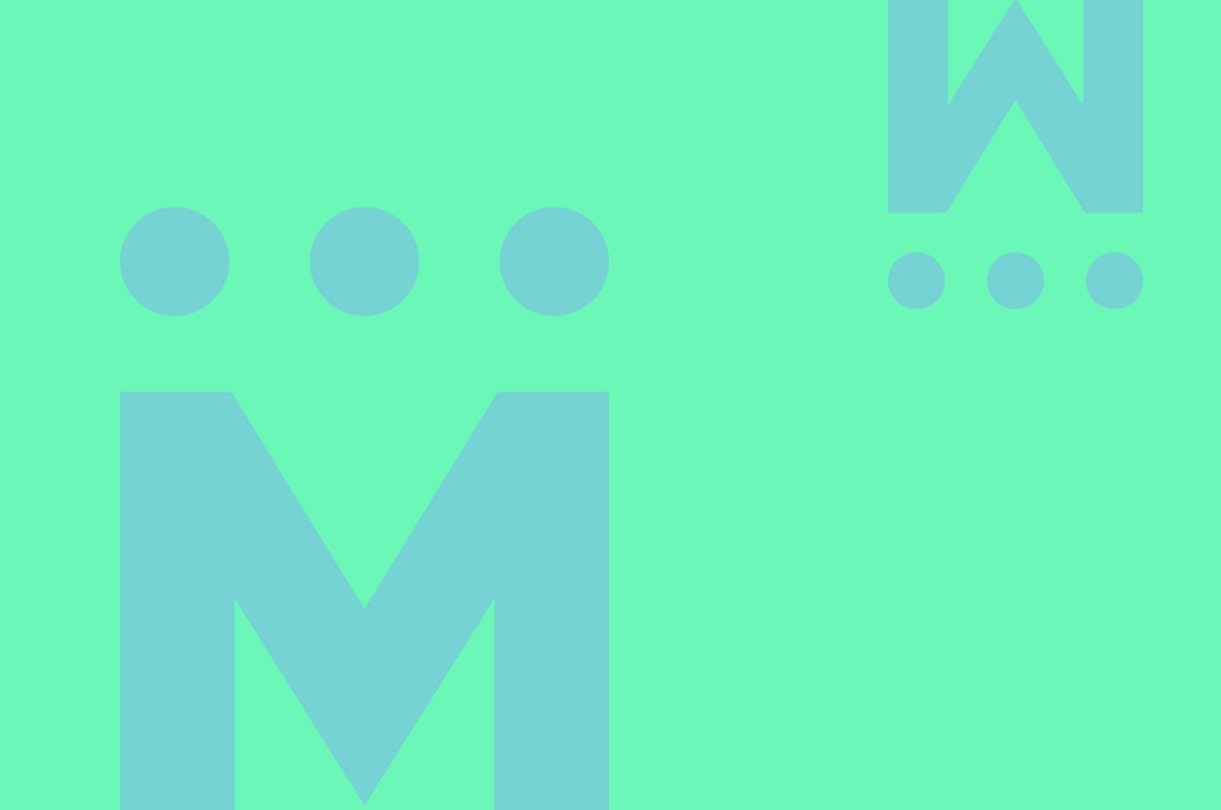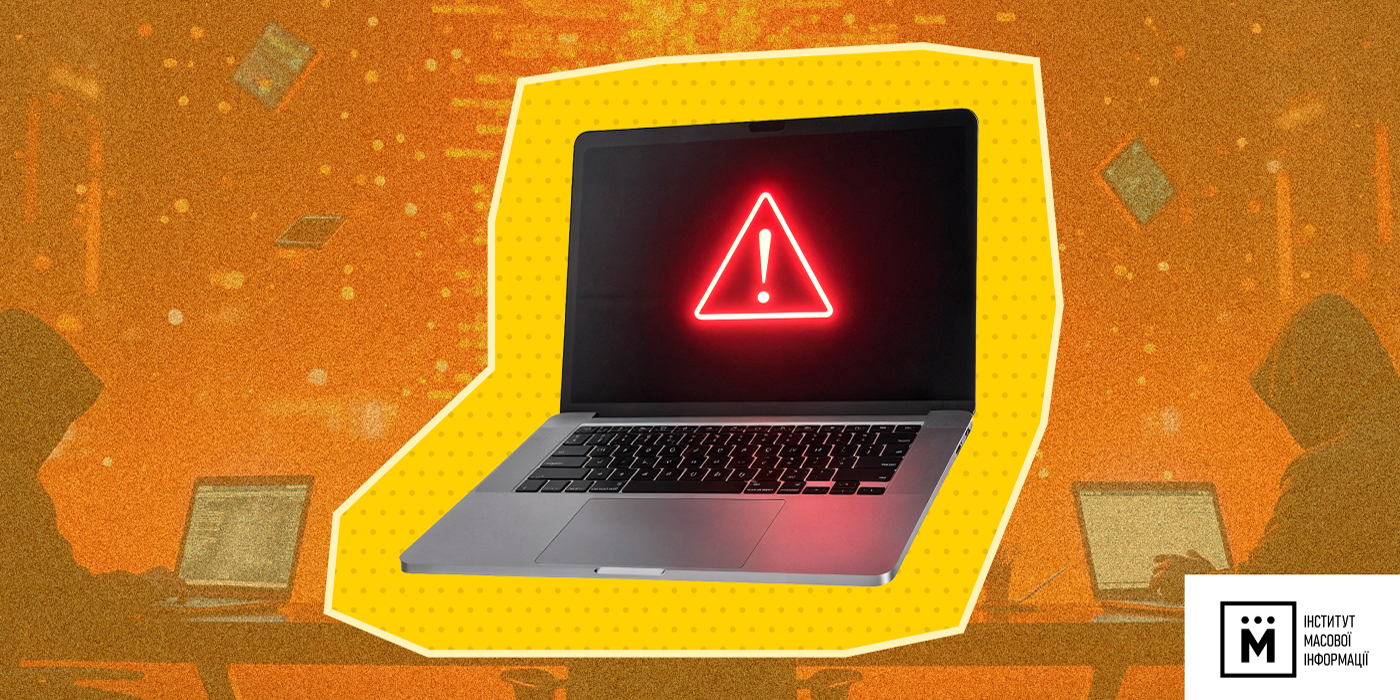Ukraine’s ‘Orange Revolution’ in 2004 seemed like a good thing at the time, but it didn’t end up particularly revolutionary. Its vainglorious and quarrelsome leaders were kicked out of office in 2010, more famous for spawning neologisms like ‘Ukraine fatigue’ than for the hard work of good government. Some things did change for the better, but Ukraine’s new authoritarian leaders were able to exploit the fatigue, and an economy battered by recession, to progressively dismantle those liberal achievements.
First to go were the freedoms of the independent institutions of state. Ukraine’s new president, Viktor Yanukovych, took over the government and control of parliament in 2010. The constitutional changes agreed in 2004 to limit presidential power were reversed. The courts were nobbled in 2010, which is why the authorities were able to launch a series of show trials in 2011 – former Prime Minister Yulia Tymoshenko remains in jail. Dirty tricks marred the parliamentary elections held last October, with fake parties and ‘clone’ candidates put up to steal the opposition vote; and simple stealing of the opposition vote when that failed, with ballots destroyed and counting simply stopped in many races.
Now it is media freedom that is under attack. Ukraine’s biggest TV channel ‘Inter’ was still showing signs of independence around October; in February, however, it was taken over by the Head of the Presidential Administration, and a leading oligarch. Ukraine’s main opposition channel 'TVi' suffered a complicated change of ownership, and an allegedly similar loss of independence in May. In June, the publishing conglomerate Ukrainian Media Holding was taken over by the previously unknown 27-year-old Serhiy Kurchenko, supposedly a front man for the president’s son.
The authorities are trying to muzzle the media before they face a difficult presidential election in 2015. Next in line is Ukraine’s most famous web site,Ukrainska Pravda (Ukrainian Truth). Ukrainska Pravda rose to fame in the early days of the Ukrainian Internet in 2000. Its founding editor, Georgy Gongadze, was a thorn in the side of the then authorities. He disappeared in September 2000, and two months later was found gruesomely murdered. The campaign for justice helped spark the Orange Revolution, even if justice was only partial – four of the perpetrators but none of the alleged instigators, were eventually found guilty.
But the campaign and Ukrainska Pravda’s fearless reporting also made the website famous; or infamous, if you are the Ukrainian authorities. Recent exposés have included photographs of the president’s lavish and extremely kitsch residence (it has a restaurant shaped like a galleon); and details of the rake-offs from the building contracts to get Ukraine ready for the European Championship football finals last summer, including the very stadium in Kyiv where England played last week.
Now Ukrainska Pravda is facing the same type of dirty tricks that the opposition parties faced in the 2012 elections. Its real website address at pravda.com.ua, now has a ‘clone’ site, kryvda.com. It looks exactly the same, but is given the crudely opposite title – Ukrainska Kryvda meaning ‘Ukrainian falsehood.’ The server is based in Germany, so the real editors of Ukrainska Pravda are trying to shut it down. Two fake printed issues of Ukrainska Pravda have also appeared even though it had never previously appeared in print, still less with a supposed circulation of one million, and the site’s logo (Picasso’s famous sketch of Don Quixote and Sancho Panza searching for truth) on the masthead, and the real editors’ names at the bottom.
First to go were the freedoms of the independent institutions of state. Ukraine’s new president, Viktor Yanukovych, took over the government and control of parliament in 2010. The constitutional changes agreed in 2004 to limit presidential power were reversed. The courts were nobbled in 2010, which is why the authorities were able to launch a series of show trials in 2011 – former Prime Minister Yulia Tymoshenko remains in jail. Dirty tricks marred the parliamentary elections held last October, with fake parties and ‘clone’ candidates put up to steal the opposition vote; and simple stealing of the opposition vote when that failed, with ballots destroyed and counting simply stopped in many races.
Now it is media freedom that is under attack. Ukraine’s biggest TV channel ‘Inter’ was still showing signs of independence around October; in February, however, it was taken over by the Head of the Presidential Administration, and a leading oligarch. Ukraine’s main opposition channel 'TVi' suffered a complicated change of ownership, and an allegedly similar loss of independence in May. In June, the publishing conglomerate Ukrainian Media Holding was taken over by the previously unknown 27-year-old Serhiy Kurchenko, supposedly a front man for the president’s son.
The authorities are trying to muzzle the media before they face a difficult presidential election in 2015. Next in line is Ukraine’s most famous web site,Ukrainska Pravda (Ukrainian Truth). Ukrainska Pravda rose to fame in the early days of the Ukrainian Internet in 2000. Its founding editor, Georgy Gongadze, was a thorn in the side of the then authorities. He disappeared in September 2000, and two months later was found gruesomely murdered. The campaign for justice helped spark the Orange Revolution, even if justice was only partial – four of the perpetrators but none of the alleged instigators, were eventually found guilty.
But the campaign and Ukrainska Pravda’s fearless reporting also made the website famous; or infamous, if you are the Ukrainian authorities. Recent exposés have included photographs of the president’s lavish and extremely kitsch residence (it has a restaurant shaped like a galleon); and details of the rake-offs from the building contracts to get Ukraine ready for the European Championship football finals last summer, including the very stadium in Kyiv where England played last week.
Now Ukrainska Pravda is facing the same type of dirty tricks that the opposition parties faced in the 2012 elections. Its real website address at pravda.com.ua, now has a ‘clone’ site, kryvda.com. It looks exactly the same, but is given the crudely opposite title – Ukrainska Kryvda meaning ‘Ukrainian falsehood.’ The server is based in Germany, so the real editors of Ukrainska Pravda are trying to shut it down. Two fake printed issues of Ukrainska Pravda have also appeared even though it had never previously appeared in print, still less with a supposed circulation of one million, and the site’s logo (Picasso’s famous sketch of Don Quixote and Sancho Panza searching for truth) on the masthead, and the real editors’ names at the bottom.




